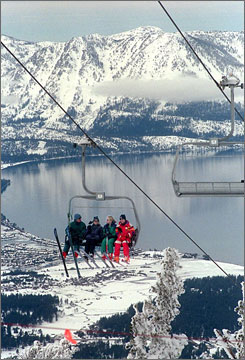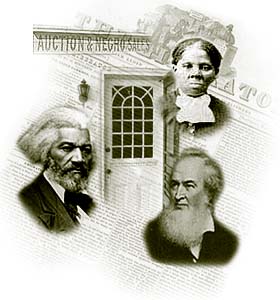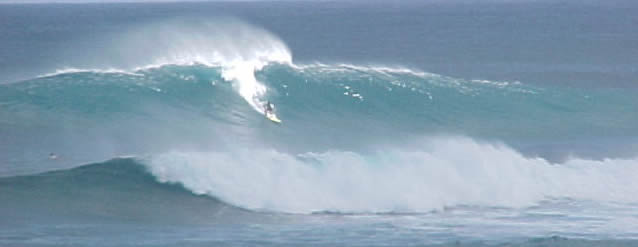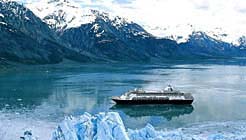|
Introduction
Welcome to Vacation Plans! Vacations are what we live for. In order
to plan a vacation effectively, we need the knowledge of math. This lesson
is about planning a 5-day vacation to a destination of your choice.
In this web-lesson, you will browse the internet for information, use an
EXCEL spreadsheet to create a budget, and use WORD to write your itinerary
and summary of your vacation plan using required vocabulary words. The
budget, itinerary, summary and vocabulary words are found in the
Materials section of this page.
The Grading rubric explains the level of detail needed to achieve possible
points on your report. The day the report is due, you will give a
presentation to the class about your vacation plan. You will have
one month from today to complete this project.
Prerequisites
[Top]
Students should be familiar with Excel and Word and be able to fill in
tables.
Procedures
[Top]
Task 1: Plan a 5-day vacation and spend only $1,500. Click on the pictures
at right to browse vacation sites. Select a vacation destination and
activity of your choice. Next, use the Web sites below to find
transport, accommodation, and activity costs or discount tickets or
vacation packages.
www.expedia.com
www.travelocity.com
www.orbitz.com
www.hotels.com
www.priceline.com
www.travel.yahoo.com
Task 2: Use the
templates for your budget, itinerary, and summary in the Materials
portion of this page to assist you in carrying out this and other tasks.
Create a budget in Excel
and list costs according to airfare, accommodation, activity costs
(rentals, tickets, etc.) listed per sheet in the BUDGET Excel file. Then,
calculate 18% of the subtotal and state this as a Taxes and Fees Cost. Add
the subtotal and taxes and fees to finally come up with a Total Cost.
Be sure to list
the web sites and give other descriptive information.
You must also decide how
meals will be consumed each day and create a budget for this. If you
choose to eat a grab and go meal (i.e. bagel, slice of pizza, sandwich,
hot dog, etc.) calculate $5.00 for that meal. If you decide students will
eat as a group in a restaurant, calculate $12.00 for that meal. and
be sure to total your costs. You must come up with a meal budget that
specifies breakfast, lunch, and dinner for each day. The tip is figured
separately at 15% and must also be included.
Task 3: Write an itinerary in Word using the ITINERARY Word file.
This page states the detailed itinerary for each day of the trip.
This itinerary will include flight departure and arrival information,
activities for the day and meal times (if scheduled).
Task 4: In addition
to the two page itinerary report, you will write a one page summary that
will discuss what Web sites, and software programs you used in this
project. Did you find these sites easy to navigate for your specific
task? Was it difficult to stay within the $1,500 budget? Discuss the
difficulty you would have had doing this project had you not used
technology (specifically the Internet). What if anything would you change
about this project? Use the SUMMARY Word file for this report and
include the vocabulary words listed in Materials.
Task 5: You are to
present your vacation plan to the class and turn in a hard copy to be
graded.
Materials
[Top]
BUDGET [Top]
ITINERARY [Top]
SUMMARY [Top]
VOCABULARY
[Top]
accommodation
budget
description
destination
effectively
fees
information
internet
itinerary
learning outcomes
organize
planning
prerequisite
procedures
summary
tasks
taxes
technology
vacation
web site
Learning Outcomes
[Top]
As a result of this lesson, you should understand the use of a budget,
calculating costs, and deducing costs based on percentages. Your
grade depends on the level of detail you include in your report.
GRADING RUBRIC
California Algebra
Standard 15.0 [Top]
Students apply algebraic techniques to solve rate problems, word problems,
and percent mixture problems.
|
 

 
 

  



|

















